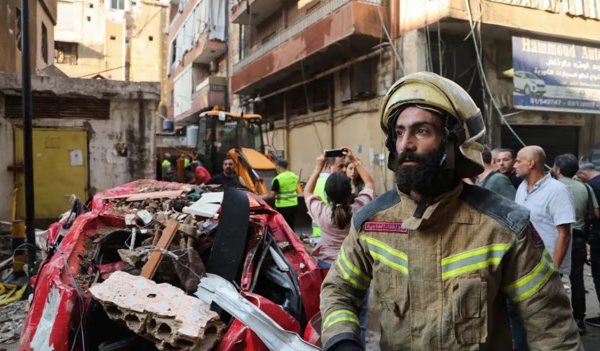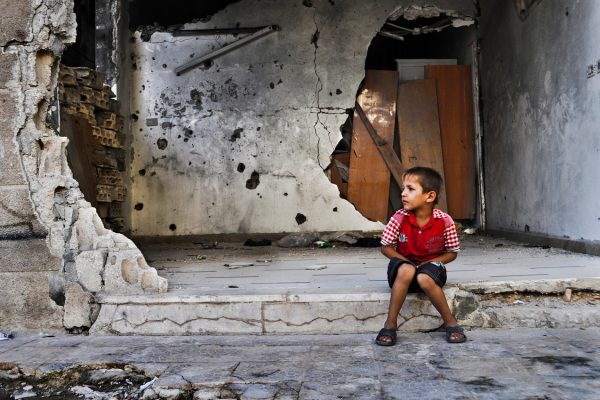The record samosa was made and distributed to 200 homeless people from the local community.
The record samosa was made and distributed to 200 homeless people from the local community.
On Tuesday 22nd August 2017, a charitable organisation based in London, Muslim Aid, broke the world record for the worlds biggest samosa. The samosa, weighing in at 153.1 kg was cooked by 12 volunteers from the organisation, taking them 15 hours from start to finish to create the super-sized dish. It is these staff members of the charity that dreamed up this exciting, if very daunting, challenge to draw attention to the generosity of Muslim people during religious festivals like Eid.
“Everyone knows and loves a samosa. We wanted to make a larger-than-ever version of this popular food to demonstrate visually how people of the Muslim faith work tirelessly throughout the year, and particularly during Eid, doing charitable acts to support the unfortunate in the community around them and further afield,” says Zac Hussain, Director of Communities and Business Development at Muslim Aid.
The attempt took place on Tuesday at a mosque in East London, UK, and official Guinness World Records adjudicator Pravin Patel was on hand to judge it. “It’s got to be triangular; contain flour, potatoes, onions and peas; be fried, and retain the shape when cooked,” he explained to the crowd. “It’s got to look and feel like a samosa. Plus, it all has to be eaten. No wastage!” Once Patel had confirmed the attempt had been a triumph, the samosa was cut up into portions and given to the Salvation Army, who distributed it to local homeless people.
The samosa consisted of 100 kg potatoes, 25 kg onion, 15 kg peas, plus 44 kg flour and traditional Indian spices.
The second of the two annual Eids, Eid-ul-Adha, the festival of sacrifice and also known as the greater of the two annual Eids, begins on Friday 1 September for three days. As part of the Muslim festival, people are expected to do good deeds and demonstrate generosity by providing food for the poor including performing the act of Qurbani, when they are required to donate meat to the poor. In these days, Muslim Aid and other UK charities carry out this act on behalf of people who make donations so that food can be distributed to the needy in many countries around the world and in the UK.
Donations from the UK public to Muslim Aid enabled the organisation to provide Qurbani meat and other foods to over 250,000 people last year in over 20 countries. Countries covered included Bangladesh, Bosnia, Pakistan, Sierra Leone and Somalia. Thousands of Syrian refugees received food. Muslim Aid hopes to improve on this record too during this year’s campaign by reaching 300,000.
The Eid campaign provides quality meals to many in the developing world who rarely see meat like 55-year-old Sman Him in Cambodia, who cannot work to provide for his wife and four children as he is disabled. Sman and his family go for days without food. When Sman received the meat and other food funded by Muslim Aid supporters last year, he was overwhelmed. “Thank you very much to the brothers and sisters in the UK and to Muslim Aid”, he said.





